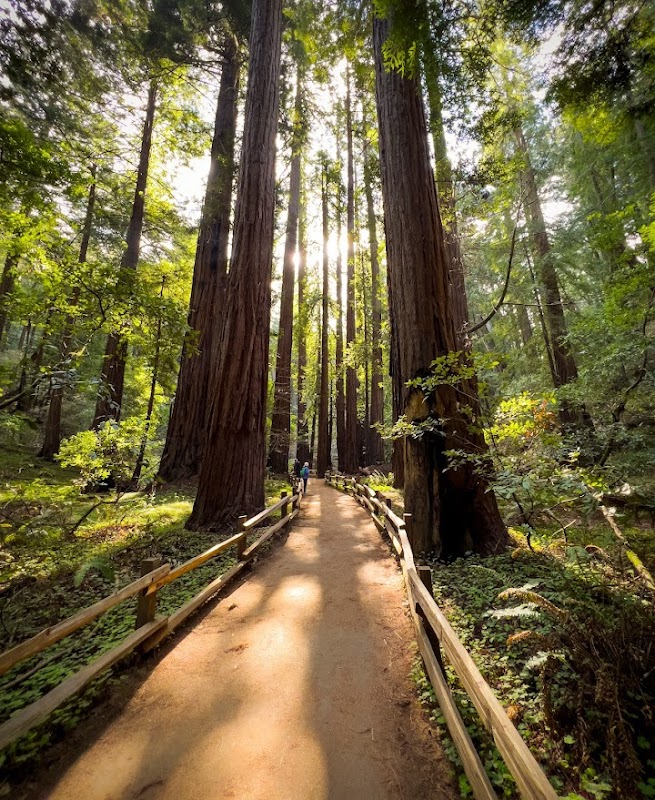
Capay Valley Farm Tour: A Hands-On Adventure in Esparto’s Agricultural Heart
The Capay Valley Farm Tour in Esparto, California offers a unique blend of outdoor exploration and hands-on agriculture. Discover family farms, taste fresh produce, and experience the valley’s natural rhythms on this practical yet immersive journey through northern Yolo County’s farmland.
Wear Durable Footwear
The terrain varies from soft dirt to gravel and farm paths; boots or trail shoes with solid grip improve comfort and safety.
Pack Ample Water
Water stations are scarce between farms, so bring at least two liters per person, especially on warm days.
Check Farm Schedules
Not all farms operate year-round or open daily. Confirm dates and hours online to maximize your visit.
Plan for Variable Weather
Mornings can be chilly and afternoons warm; layers help you stay comfortable throughout your farm tour.
Capay Valley Farm Tour: A Hands-On Adventure in Esparto’s Agricultural Heart
Stretching across northern Yolo County, the Capay Valley Farm Tour invites you to engage directly with California’s rich agricultural roots. This self-guided driving adventure covers around 25 miles of rolling hills, orchards, and fertile fields, connecting a series of family-run farms that open their gates from early morning to late afternoon on select weekends. Here, the landscape works alongside you—vines lean toward the sun, and orchard rows stand as patient sentinels, ready to share their seasonal bounty.
Farm stops range from organic vegetable patches to olive groves, apiaries, and goat dairies, each offering hands-on experiences, tastings, and direct purchases. You can sample fresh cheeses or pick plump tomatoes, while the farmworkers share stories that ground you in the practical realities of sustainable agriculture. The terrain underfoot varies from flat, cultivated fields to gently sloping farmland, making the pace accessible for casual strollers who prefer to explore on foot—just watch for uneven surfaces around tractor paths.
Timing your visit during late spring or early summer maximizes your chance to walk through flourishing crops and observe pollinators busy at work, the honeybees buzzing with earnest purpose. The sun pushes warmly but not aggressively, and the trade winds weave quietly through the valley, carrying the scent of wild herbs and earth. For photographers, the north-facing hills offer early morning shadows that bring out textures in tree barks and leafy canopies, while afternoon light spills gold over rows of ripening fruit.
Plan your route ahead using local farm schedules; not every farm opens all year, and each presents unique seasonal offerings. Bring sturdy shoes dipped in practical comfort—boots or trail shoes with good grip will prove invaluable on damp soil or gravel patches. Hydration is crucial, as water stations at farm stands are rare, so carrying at least two liters per person is advised. Finally, respect emerges naturally—the valley is fiercely itself, shaped by climate and caretakers alike. Take home more than produce: take home a deeper appreciation of the land’s rhythms and the care it demands.
For families and solo travelers, the Tour balances learning and leisure without requiring expert farming knowledge or advanced hiking fitness. It’s an adventure in understanding the source of your food, framed by the tactile, sensory experience of fresh soil, the buzzing of industrious bees, and the broad openness of a California landscape that dares you to slow down and tune in.
Nearby Trips
All Adventures
Boat Charters
Water Activities
Adventures near Esparto, California
Discover the unique and memorable adventures that make Esparto, California special.
Frequently Asked Questions
How long does the Capay Valley Farm Tour take to complete?
The entire tour covers approximately 25 miles and can be driven in 1-2 hours without stops. However, most visitors spend 3-5 hours exploring farms by foot, tasting products, and interacting with hosts.
Are all farms open year-round?
No, farms have varying schedules with most offering tours and events during spring, summer, and fall. Winter months tend to have limited access due to weather and farm cycles.
Is the farm tour family-friendly?
Yes, the tour caters to all ages with many farms providing kid-friendly activities like petting zoos and planting workshops along accessible paths.
Can I buy farm products directly on the tour?
Absolutely. Many farms sell fresh produce, cheeses, honey, olive oil, and crafts, allowing visitors to take home authentic Capay Valley goods.
What wildlife might I encounter during the tour?
Look for bees busily pollinating flowers, songbirds darting through orchard trees, and occasional sightings of deer or wild turkeys along quieter farm edges.
Is the tour accessible by bike or on foot only?
The tour is primarily designed as a driving route connecting farms. Some farms offer trails suitable for casual walking, but the distances and road conditions make biking or walking the entire route challenging.
Recommended Gear
Trail Shoes or Boots
Supports your feet on uneven, sometimes muddy farm paths and provides traction over patchy terrain.
Reusable Water Bottle
Keeps you hydrated throughout long stretches without water access.
Light Layers
Adapts to fluctuating temperatures from cool mornings to warm afternoons.
Sun Protection (Hat & Sunscreen)
Shield yourself from intense sun exposure under the open skies.
Local Insights
Hidden Gems
- "The small olive mill near Yolo County offers private tastings by appointment, a quieter spot off the main tour."
- "A tucked-away wildflower preserve offers seasonal bursts of color usually missed by the main route."
Wildlife
- "Native honeybees and bumblebees play a vital role in crop pollination across the valley."
- "Watch for red-tailed hawks soaring above, hunting along field edges."
History
"Capay Valley’s agricultural roots stem from early Native American tribes through Spanish settlers to the current generation of organic farmers. The tour traces this evolving relationship with the land, emphasizing sustainable practices that honor past and future."
